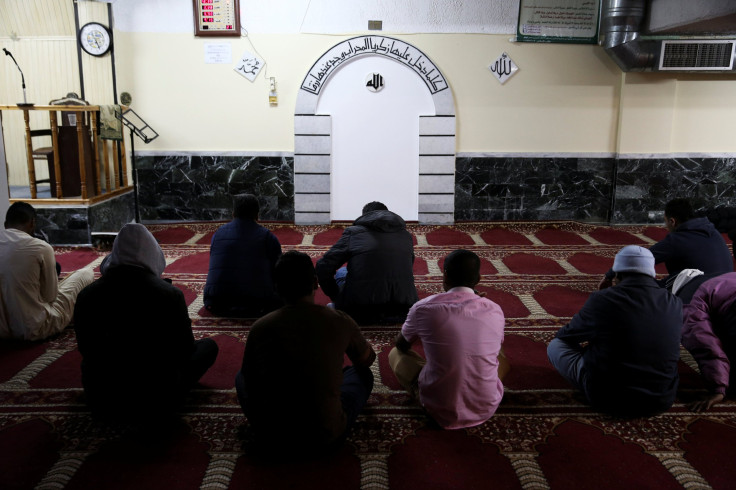Islam In Europe: Muslims Banned From ‘Provocative’ Praying, ‘Ritual Washings’ By School In Germany

A school in western Germany has banned Muslims from what has been termed “provocative” prayer in what is the latest evidence of anti-Islam sentiment in the country. The grammar school in the small city of Wuppertal sent an internal memo to staff instructing them to prohibit public praying and other associated activities by Muslims on campus.
“In recent weeks it has been increasingly observed that Muslim pupils in the school building are praying, clearly visible to others, signaled by ritual washings in the toilets, the rolling out of prayer mats, and taking up certain postures,” read the note, which was sent two weeks ago and published by German publication Der Westen Wednesday.
“This is not permitted.”
Teachers were also asked to “report” cases to school management and to “identify” the pupils violating the guidelines. The ban should, however, be pointed out to Muslim students in a “friendly manner.”
While the school did not comment on the letter, the local district council confirmed it was genuine and said that it was designed to address “provocative prayer” on school grounds. It said that classmates and teachers had expressed their concerns, causing the school to take action.
“The prohibition of praying in a provocative way in in public at school is intended to promote peaceful coexistence and ensure school peace,” the authority said.
The council defended the ban as being in accordance with the law, pointing to the fact that Muslim girls are required to take part in swimming lessons alongside boys.
However, the body also conceded that the letter had used an “unfortunate choice of words” that could be misconstrued. And a spokeswoman for the local district council said that they were looking at ways for Muslim students to be able to continue to practice their religion.
“Through discussions with the publicly praying students, the school leadership will now look for ways in which the pupils can practice their religion without others being disturbed or constricted,” Dagmar Gross told Deutsche Welle.
But the ban has already been used as fodder for Germany’s far-right anti-Islam Alternative for Germany party. It called the measure an “interesting and, in our opinion, sensible initiative by the school management.” Meanwhile, the local AfD faction in Wuppertal linked the move to the government’s migration policies.
“This openly demonstrated lack of integration is a further proof of a cracking migration policy of the old parties,” read a Facebook post.
Chancellor Angela Merkel, who will bid for re-election in September, has faced mounting pressure over policies that have seen more than one million asylum seekers arrive in the country in the past two years. Merkel, who is scheduled to visit President Donald Trump on March 14, has recently taken a more hardline approach, announcing plans to speed up the deportation for those denied refugee status and calling for a ban on burqas.
© Copyright IBTimes 2024. All rights reserved.











